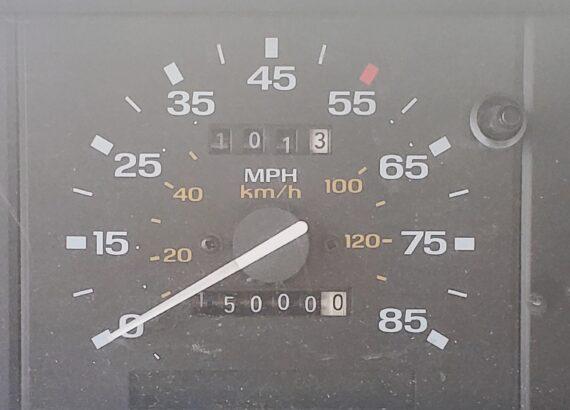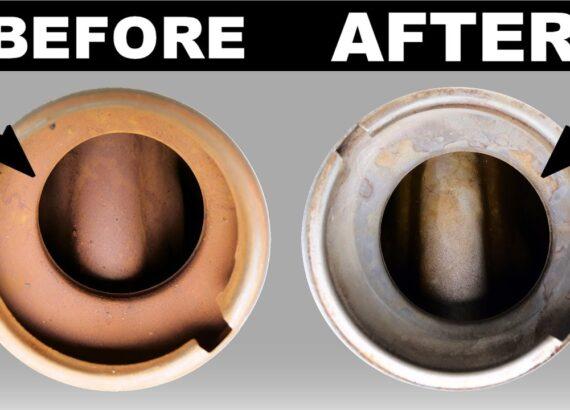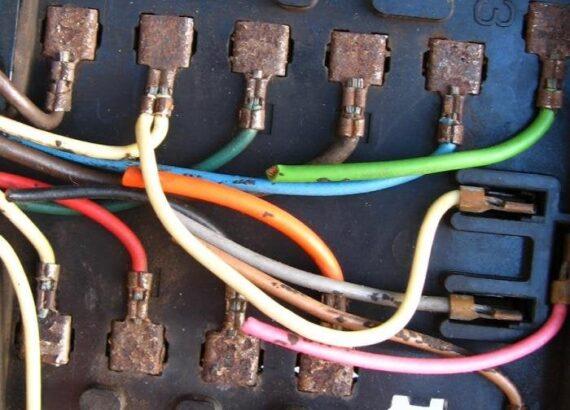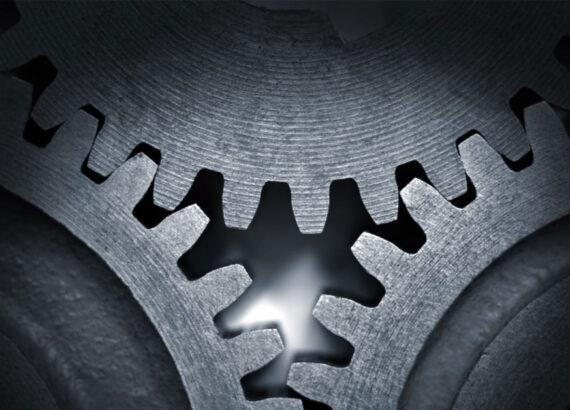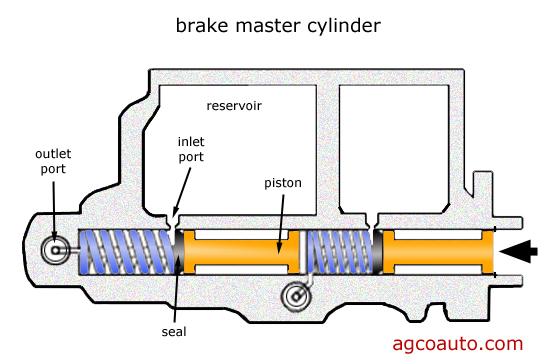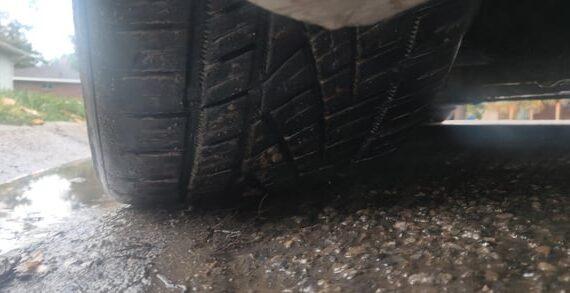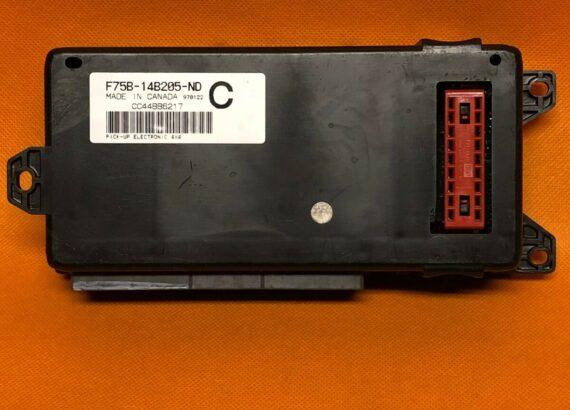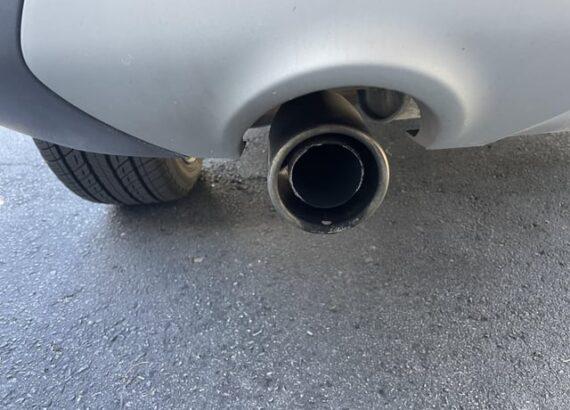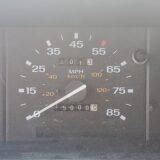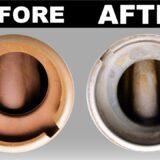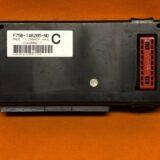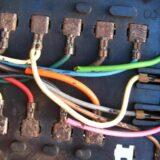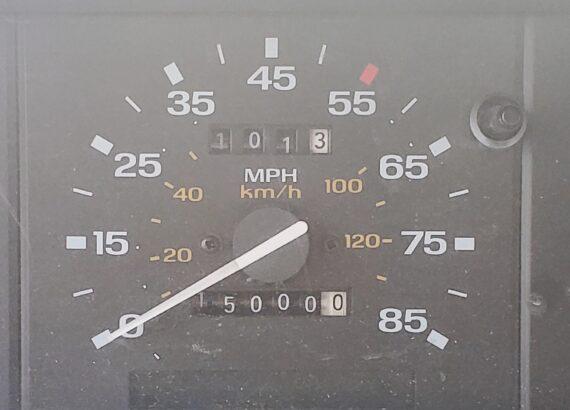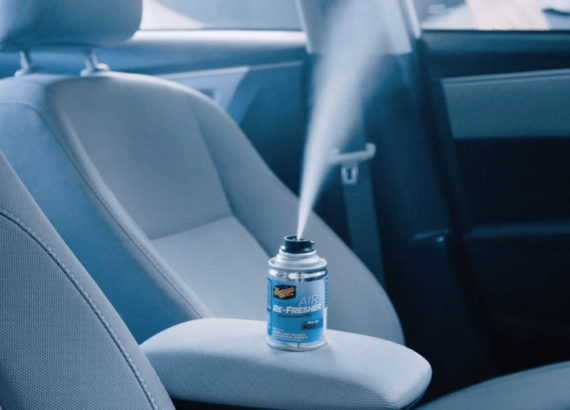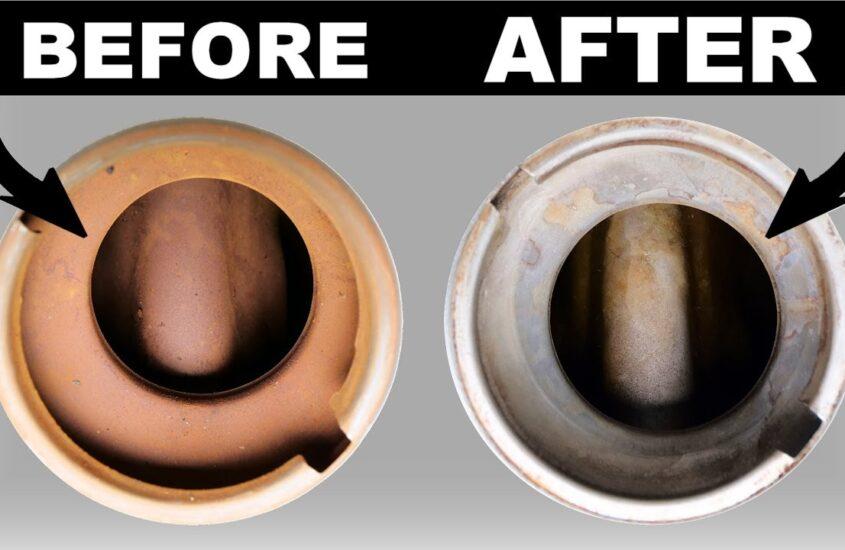
How To Keep Gas Tank From Rusting After Cleaning It: Expert Tips
Cleaning your gas tank is important. It helps keep your car running well. But after cleaning, you must stop rust. Rust can damage your gas tank. Here are some easy steps to keep your gas tank from rusting.
Why Does Rust Form?
Rust forms when metal meets water and air. This is called oxidation. In a gas tank, rust can form if there is water. Water can come from condensation. Cleaning can also leave water behind.
Materials You Need
- Clean, dry cloths
- Rust inhibitor
- Fuel stabilizer
- Fresh gasoline
- Plastic funnel
- Gloves
Step 1: Dry the Gas Tank
First, make sure the gas tank is dry. Use clean, dry cloths to wipe inside the tank. Remove all moisture. Water can cause rust if left behind.
Step 2: Use a Rust Inhibitor
Next, apply a rust inhibitor. This stops rust from forming. Follow the instructions on the product. Usually, you spray it inside the tank. Make sure you cover all areas.
Step 3: Add a Fuel Stabilizer
After using the rust inhibitor, add a fuel stabilizer. This helps keep the gas fresh. It also prevents rust. Use a plastic funnel to pour it into the tank.
Step 4: Fill the Tank with Fresh Gasoline
Fill the gas tank with fresh gasoline. This keeps air and moisture out. A full tank is less likely to rust. Make sure you use high-quality gasoline.

Credit: www.kbs-coatings.com
Step 5: Regular Maintenance
Keep an eye on your gas tank. Check it regularly for signs of rust. If you see any rust, clean it and apply the rust inhibitor again.

Credit: www.bertsmegamall.com
Preventive Measures
Prevention is better than cure. Take these steps to stop rust before it starts.
Keep The Tank Full
Always keep your gas tank at least half full. This reduces the chance of condensation. Less water means less rust.
Use High-quality Gasoline
Use high-quality gasoline. It has additives that help prevent rust. Cheap gasoline may not protect your tank well.
Store The Car Properly
If you are storing the car for a long time, prepare the gas tank. Add a fuel stabilizer. Fill the tank with fresh gasoline. This helps prevent rust while the car is not in use.
| Step | Action | Reason |
|---|---|---|
| 1 | Dry the gas tank | Remove moisture |
| 2 | Use a rust inhibitor | Prevent rust formation |
| 3 | Add a fuel stabilizer | Keep gas fresh |
| 4 | Fill with fresh gasoline | Keep air out |
| 5 | Regular maintenance | Check for rust |
Frequently Asked Questions
How To Prevent Gas Tank Rust?
Use a fuel stabilizer and keep the tank full to avoid moisture buildup.
Best Product To Stop Gas Tank Rust?
Fuel stabilizers like STA-BIL help prevent rust by reducing moisture inside the tank.
How Often To Clean Gas Tank?
Clean your gas tank annually or as needed, depending on your vehicle’s usage and storage conditions.
Does Fuel Stabilizer Prevent Rust?
Yes, fuel stabilizers help reduce moisture, which prevents rust formation inside the gas tank.
Conclusion
Keeping your gas tank from rusting is easy. Follow these simple steps. Dry the tank, use a rust inhibitor, add a fuel stabilizer, and fill with fresh gasoline. Regular maintenance is also important. By taking these steps, you can keep your gas tank in good condition for a long time.
FAQs
What Is A Rust Inhibitor?
A rust inhibitor is a product that stops rust from forming. It creates a barrier between the metal and moisture.
How Often Should I Check My Gas Tank For Rust?
You should check your gas tank for rust at least once a month. This helps catch any rust early before it causes damage.
Can I Use Any Type Of Gasoline?
It’s best to use high-quality gasoline. It has additives that help prevent rust and keep your engine running well.
What If I Find Rust In My Gas Tank?
If you find rust, clean it out and apply a rust inhibitor. Then, follow the steps to keep it from rusting again.

Sium is a passionate automotive enthusiast and writer at SiumPro. With a deep understanding of cars and a keen eye for detail, Sium brings valuable insights and engaging content to readers. From reviews to tips and industry updates to delivering informative and enjoyable automotive articles.
